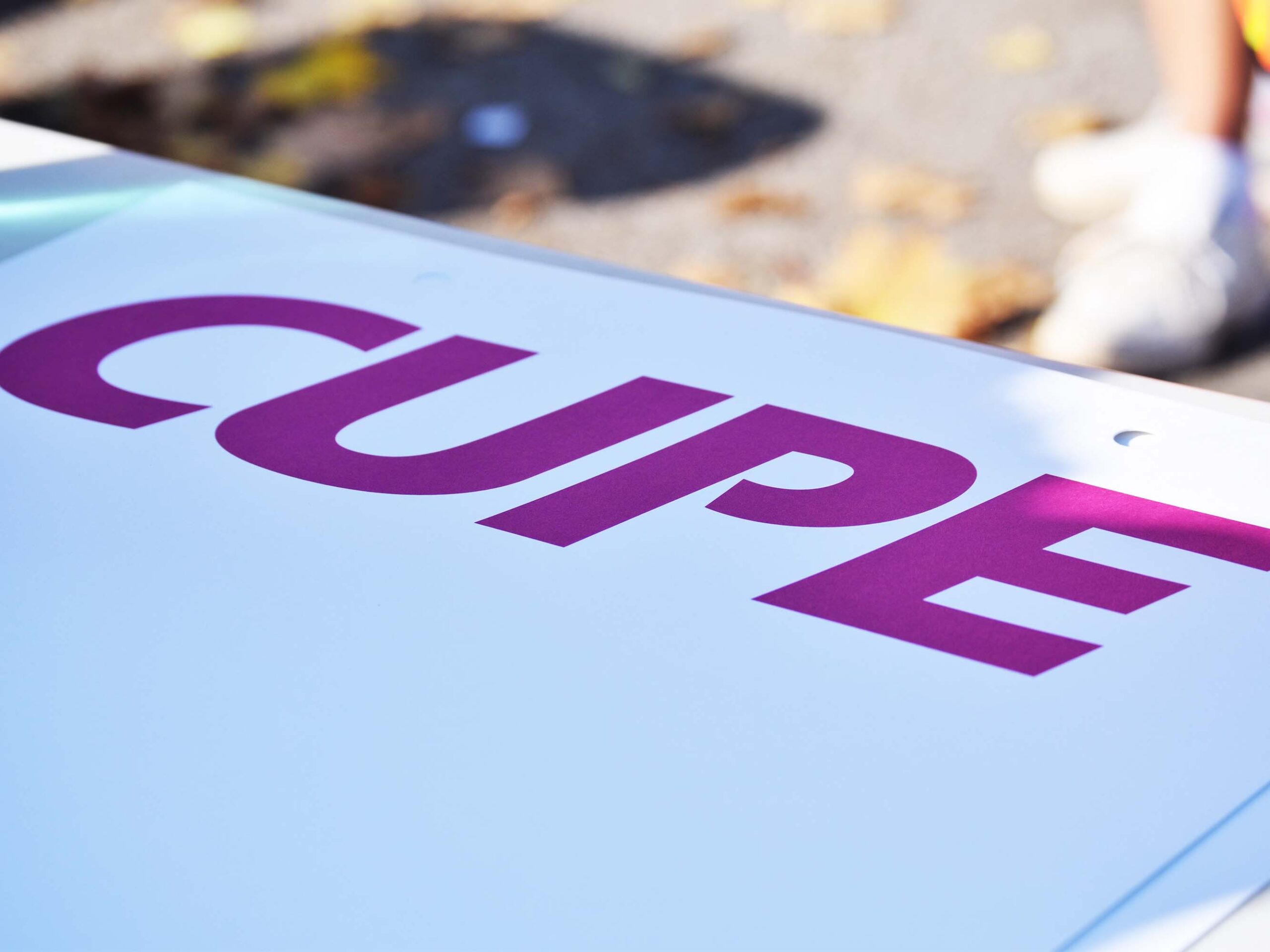CUPE 4207 is planning to rally in support of Clinical Nursing Instructors at Brock, whose ongoing impasse with the University has nearly pushed them to strike.
Spanning four units of academic workers at Brock University, CUPE (Canadian Union of Public Employees) Local 4207 has been the certified bargaining unit at Brock since 1998 when Unit 1 established their first contract.
50 Clinical Nursing Instructors (CNIs) represent Unit 4, the most recent group to join CUPE 4207. These are experienced workers at Brock who oversee the experiential components of the university’s nursing program, taking students onto the floor and supervising them while caring for patients, grading assessments and learning plans, and debriefing students after ethical dilemmas and upsetting experiences in the workplace.
Unit 4 joined CUPE in February 2023 and has been meeting with Brock to negotiate its first contract since October 2023. They have met a total of five times without reaching a deal.
“At the crux, it’s a one-item issue in bargaining: there are 14 universities that have nursing programs – all of them have CNIs – and Brock’s compensation is near the bottom,” said Phil Wachel, President of CUPE 4207. “For example, CNIs at the University of Western Ontario and Toronto Met. University actually make double what a Brock CNI does to do the same job, as well as getting comprehensive benefits where Brock CNIs get none.”
“In a first contract, the union recognizes we’re not going to get to the level of Toronto Met. and the University of Western, but we do demand that we go to the market rate,” said Wachel. “Market rate” is about 50 per cent more than what they are currently paid.
When the two parties met on Feb. 14, “it was clear that we had reached an impasse in bargaining and a Conciliator needed to be called in to help the parties reach a deal,” said Wachel.
This Conciliation meeting is planned to take place over two days, April 4 and 5. To “show the conciliators that people actually care about CNIs getting a fair deal,” CUPE 4207 is holding a Solidarity Rally on the morning of April 4 at the International Centre – where the meeting is happening – from 9 to 11 a.m.
“CNIs will be there, CUPE 4207 members, other union members, students and anyone who cares about health care,” said Wachel.
Should Conciliation prove to be unsuccessful, both Unit 4 and Brock will be in the position to engage in a job action. “Brock could lock out their own workers or CUPE could do a job action in the form of a strike,” said Wachel.
“The goal of any union is to get a fair contract, and we’re going into Conciliation with good faith and to try to get the best deal for our members, but members have told us with a 100 per cent strike mandate vote that they are authorizing us to take the measures necessary if the executive committee deems it necessary, so that is buoying the committee to go for the best deal possible,” said Wachel. “A strike is obviously a last resort, and the union doesn’t take this lightly.”
The current situation draws many parallels to the events that led to the first and only strike in Brock’s history.
In 2012, Unit 3 – the ESL Instructors – went on strike after unsuccessful negotiations regarding its first contract under CUPE 4207. The strike lasted 10 days, with picketers on the main campus from March 26 to April 4, before both parties came to a deal that effectively ended the strike.
“In my opinion, every worker should be part of a union,” said Wachel. “There are so many benefits. If you’re not in a union, you might not have paid sick days… union workers tend to have higher wages than non-unionized workers doing the same job… in the non-union world, one person might negotiate their own wage, whereas in a union, it’s a collective negotiating for the betterment of everyone… For discipline, you have to be terminated for just cause; in the non-union world, this doesn’t exist.”
“Generally speaking, the principles of unionism apply to every workplace,” including Brock University, said Wachel.
Of course, it’s important to remember that Brock’s funds are a limited resource. Reports of the University’s $37 million deficit heading into the 2024-2025 school year add another layer of complexity to the situation.
When inquired about the upcoming Conciliation meeting and Solidarity Rally, Maryanne St. Denis, Manager of Content and Communications at Brock, said:
“We are confident that we can reach a fair collective agreement that reflects the importance of the contributions of members of the bargaining unit, while being financially responsible and sustainable.”
“As during previous collective bargaining, Brock remains committed to negotiating at the bargaining table rather than in public or via the media,” said St. Denis.
Wachel and others will be supporting Unit 4 at the Solidarity Rally, and request as much support as they can muster. “At this point, we’re asking anyone who supports CNIs to come to the rally, have a coffee or a tea, and support the CNIs for a fair deal,” said Wachel.
Overall, CUPE 4207 and Brock have important conversations approaching, both during Conciliation and potentially afterwards. While this long-standing impasse might be resolved without any job action, Unit 4 is prepared to walk the picket line if it means holding out for market-rate wages.

